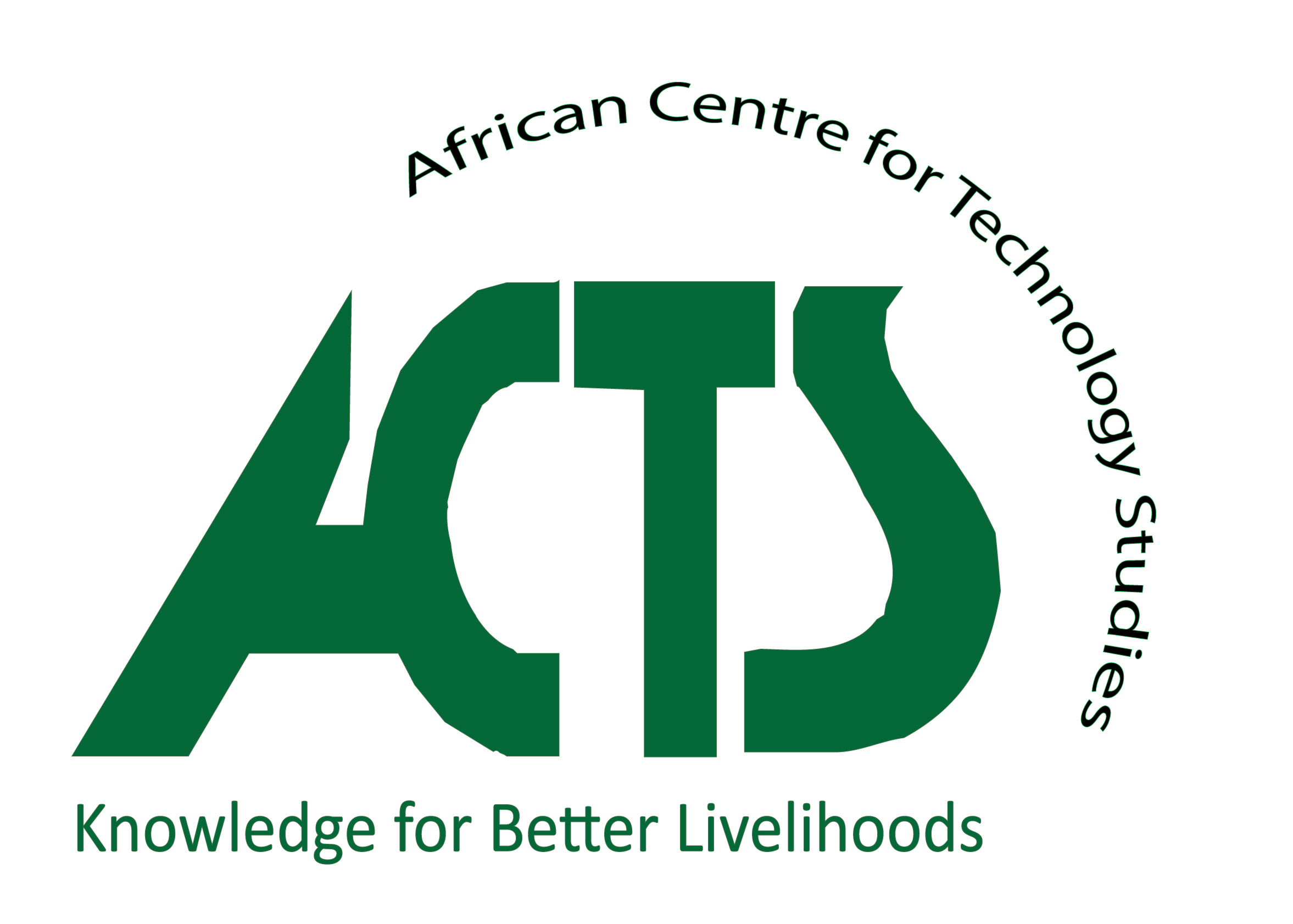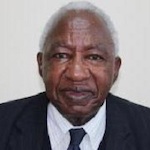The 3rd Calestous Juma seminar focused on exploring how AI and ML solutions can be deployed to accelerate realization of SDGs in Africa.
Africa risks lagging behind in achieving Sustainable Development Goals (SDGs if the continent does not embrace and responsibly deploy artificial intelligence (AI) and machine learning (ML) solutions to address emerging global challenges.
This was the main message emerging from the 3rd Calestous Juma seminar focusing on how AI and ML solutions can be deployed to accelerate realisation of SDGs in Africa. The seminar was meant to create awareness on how Africa can develop its capacity to exploit the huge potential accorded by AI and ML to accelerate realisation of the global goals and enrich the lives of people in the continent. It was held in June 2022.
Specifically, the seminar focused on application and development of responsible AI and ML and showcase cutting edge research projects in AI and ML being undertaken in the continent under the umbrella of a flagship programme on Artificial Intelligence for Development in Africa (AI4D Africa) implemented by ACTS.
The three-year programme is funded by the International Development Research Centre (IDRC) and the Swedish International Development Cooperation Agency (SIDA).
The seminar also explored gender dimensions with regard to the application of AI and Ml in Africa. Whereas demand of AI has increased significantly, women still lag behind especially in Africa in in application and development of AI solutions.
A 2020 World Economic Forum report found that women make up only 26 percent of data and AI positions in the workforce, while the Stanford Institute for Human-Centered AI’s 2021 AI Index Report found that women make up just 16 percent of tenure-track faculty focused on AI globally.
The CJ seminar series, jointly organized by ACTS and CJLF, are meant to honour and cement Prof. Calestous Juma’s legacy as a global icon in the application of STI for sustainable development.
Until his untimely death in December 2017, Prof. Calestous Juma was an internationally recognised authority in the application of science, technology and innovation (STI) to sustainable development especially in developing countries. His work focused on analysing how knowledge and innovation could be harnessed for development in the context of institutional change in socio-economic systems.
|
|
“Africa must embrace and harness the huge capacity of AI and ML to accelerate sustainable development with a view to creating an inclusive society. We are currently supporting 20 scholars on AI and ML in 15 universities spread across 12 countries in Africa. This will create the much needed capacity in AI and ML in the continent.” Prof. Tom Ogada Executive Director, ACTS |
|
|
“Africa is lagging behind in the application of artificial intelligence and machine learning because we do not have enough trained people with enough capability to use new technologies to address challenges facing the continent especially climate change, lack of water, lack of food, all of which can be understood better if we apply artificial intelligence.” Prof. Shem Wandiga Dean, College of Scholars, ACTS |
|
|
“The AI4D Africa programme is focused on Advancing AI application in dealing with developmental challenges in the continent. However, we risk causing harm with these technologies if we don’t take a responsible approach which is inclusive and rights based ethical and sustainable.” Katie Clancy, IDRC |
 |
“It is important create awareness on the practical application of ethical and responsible artificial intelligence and machine learning for their successful deployment not only from the standpoint of public perception and adoption but also for researchers and policy makers and those who implement those polices.” Angela Christiana, Executive Director, CJLF |
Download





